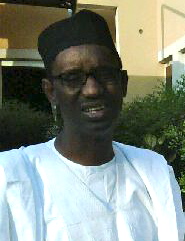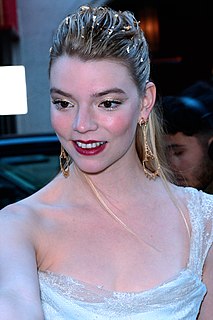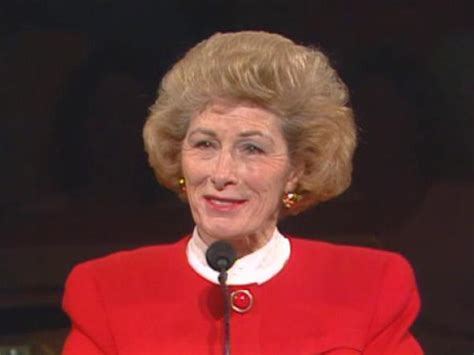A Quote by Slavoj Žižek
For me, ideology is defined only by how the coordinates of your meaningful experience of the world, and your place within society, relate to the basic tensions and antagonisms of social orders.
Quote Topics
Related Quotes
When corruption is king, there is no accountability of leadership and no trust in authority. Society devolves to the basic units of family and self, to the basic instincts of getting what you can when you can, because you don't believe anything better will ever come along. And when the only horizon is tomorrow, how can you care about the kind of nation you are building for your children and your grandchildren? How can you call on your government to address what ails society and build stronger institutions?
Whatseems to take place outside ideology (to be precise, in the street), in reality takes place in ideology. What really takes place in ideology seems therefore to take place outside it. That is why those who are in ideology believe themselves by definition outside ideology: one of the effects of ideology is the practical denegation of the ideological character of ideology by ideology: ideology never says, 'I am ideological.'
Think... of the world you carry within you, and call this thinking whatever you want to: a remembering of your own childhood or a yearning toward a future of your own - only be attentive to what is arising within you, and place that above everything you perceive around you. What is happening in your innermost self is worthy of your entire love; somehow you must find a way to work at it.
But if you've really learned how to think, how to pay attention, then you will know you have other options. It will be within your power to experience a crowded, loud, slow, consumer-hell-type situation as not only meaningful but sacred, on fire with the same force that lit the stars - compassion, love, the sub-surface unity of all things.
To say that you can 'have experience,' means, for one thing, that your past plays into and affects your present, and that it defines your capacity for future experience. As a social scientist, you have to control this rather elaborate interplay, to capture what you experience and sort it out; only in this way can you hope to use it to guide and test your reflection, and in the process shape yourself as an intellectual craftsman
Your beliefs about yourself and your world create your expectations.
Your expectations determine your attitude.
Your attitude determines your behavior and the way you relate to other people.
And the way you behave toward and relate to other people determines how they relate to and behave toward you.
Actions are interesting to watch. I learn about the actors. Their movements are emblems of the tensions in this internal landscape, which their actions resolve. About-to-act is an interesting state to experience, because I am conscious of just those tensions. Acting itself feels fairly dull; it not only resolves, it obliterates those tensions from my consciousness. Acting is only interesting as it leads to new tensions that, irrelevantly, cause me to act again.
Within a social structure, a familial structure, or a cultural structure of various kinds, there is a substitute for actual freedom. I mean, actual freedom is a very abstract notion; we have no idea what it means, except within a context - freedom to do what? So within these social structures, freedom becomes defined as power, your ability to make choices, and the power relationship within a family, any family.
Whatever you are doing, if there is contentment and a feeling that this whole existence is nothing but the manifestation of godliness, that we are traveling on holy earth, that whomever you are meeting, you are meeting God - there is no other way; only faces are different, but the inner reality is the same - all your tensions will disappear. And the energy that is involved in tensions will start becoming your grace, your beauty.
The world would have you believe that you are of worth only if you have money, a certain physical appearance, stylish clothes, or social position. The gospel assures you that your value is not dependent on your looks or material possessions. ... Part of what it means to be a Latter-day Saint is to know within your soul your eternal worth, who you really are, and why you are here on earth.
Ego could be defined as whatever covers up basic goodness. From an experiential point of view, what is ego covering up? It's covering up our experience of just being here, just fully being where we are, so that we can relate with the immediacy of our experience. Egolessness is a state of mind that has complete confidence in the sacredness of the world. It is unconditional well being, unconditional joy that includes all the different qualities of our experience.









































